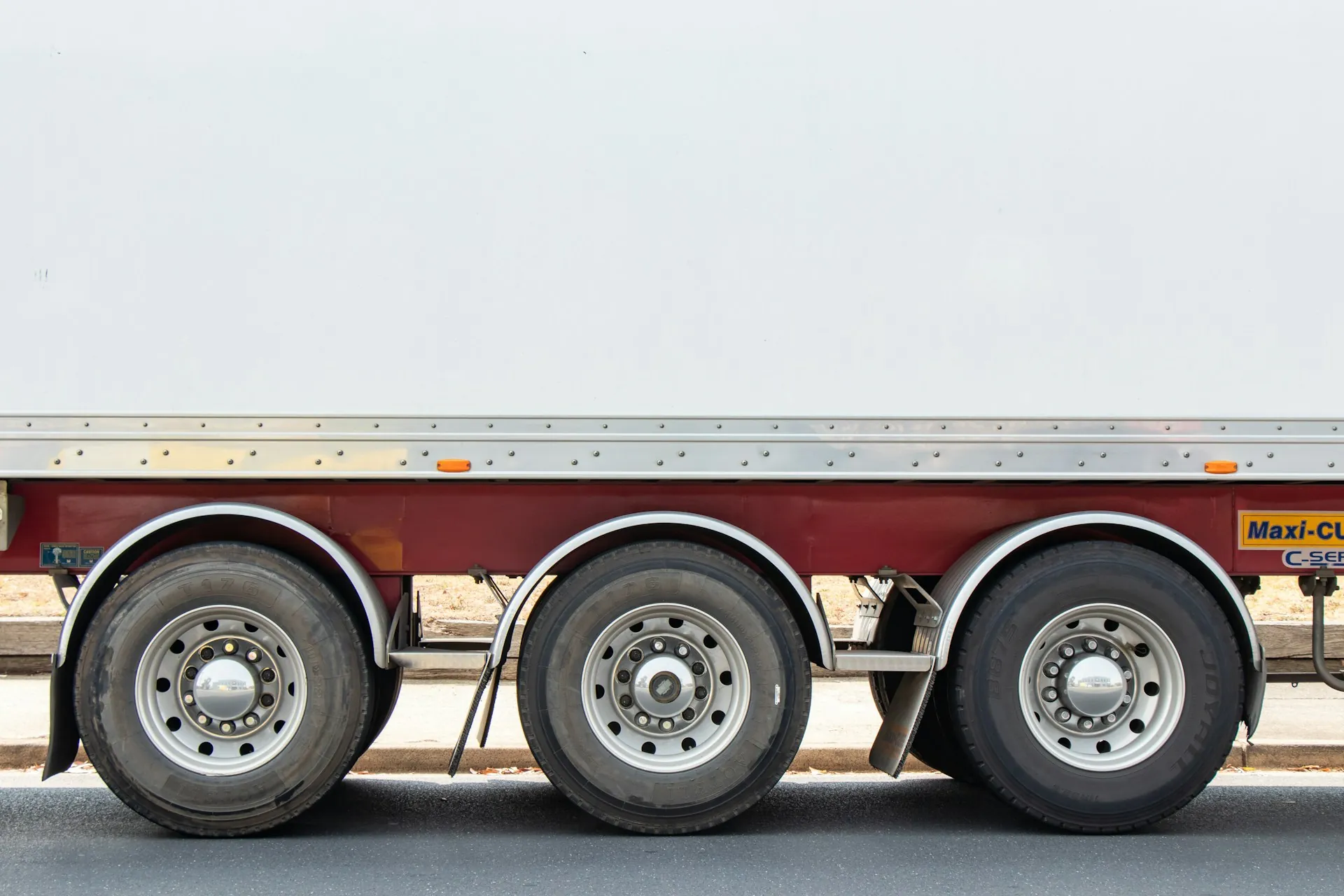Understanding the concept of comparative negligence is crucial for anyone involved in a trucking accident in Pennsylvania. Comparative negligence determines how liability and damages are allocated when more than one party is at fault.
In Pennsylvania, the comparative negligence rule allows a plaintiff to recover damages as long as they are less than 51% at fault for the accident. This means that even if you share some responsibility, you can still receive compensation for your losses. This article aims to provide a comprehensive guide on how comparative negligence applies to trucking accidents in Pennsylvania and the implications it has for both victims and trucking companies.
How Comparative Negligence Applies to Trucking Accidents
Trucking accidents often involve complex scenarios with multiple parties, including the truck driver, the trucking company, and other motorists. Comparative negligence in these cases requires a detailed analysis of the actions of all involved parties to determine the degree of fault each holds.
For example, consider a situation where a truck driver runs a red light and collides with a car that was speeding. In such a case, both the truck driver and the car driver may share some blame. The truck driver may be found 70% at fault for running the red light, while the car driver might be 30% at fault for speeding. Under Pennsylvania's comparative negligence law, the car driver could still recover damages, but their compensation would be reduced by their percentage of fault (30%).
This principle ensures that liability is fairly distributed, reflecting the actual contribution of each party to the accident. It encourages safer driving practices and accountability among all road users.
Determining Fault in Pennsylvania Trucking Accidents
Determining fault in trucking accidents involves a thorough investigation to collect and analyze evidence. This process typically includes:
- Accident Scene Investigation: Analyzing skid marks, vehicle positions, and road conditions.
- Police Reports: Reviewing official reports that document the details and initial findings of the accident.
- Witness Statements: Gathering testimonies from those who saw the accident occur.
- Vehicle Damage: Assessing the extent and location of damage to the vehicles involved.
- Driver Logs and Records: Examining the truck driver's logbooks, maintenance records, and potentially the truck's black box data.
Expert witnesses, such as accident reconstruction specialists, may be called upon to provide insight into how the accident occurred. Their expertise can be crucial in establishing the sequence of events and the degree of fault attributable to each party.
Legal Implications for Victims and Trucking Companies
The concept of comparative negligence has significant legal implications for both victims and trucking companies involved in accidents.
For victims, the primary impact is on the amount of compensation they can receive. If a victim is found partially at fault, their compensation will be reduced by their percentage of fault. For example, if a victim is awarded $100,000 in damages but found to be 20% at fault, their compensation will be reduced to $80,000.
For trucking companies and their insurers, comparative negligence can be a double-edged sword. On one hand, proving that the victim was partially at fault can reduce the company's liability. On the other hand, if the truck driver is found primarily at fault, the company may be responsible for a significant payout. Trucking companies must, therefore, ensure rigorous compliance with safety regulations and thorough training for their drivers to minimize their risk.
Steps to Take After a Trucking Accident in Pennsylvania
If you are involved in a trucking accident in Pennsylvania, taking the following steps can help protect your rights and improve your chances of a favorable outcome:
- Ensure Safety and Seek Medical Attention: Your health and safety are the top priority. Seek immediate medical attention for any injuries.
- Report the Accident: Contact the police and report the accident. Ensure an official report is filed.
- Gather Evidence: If you can, collect evidence from the scene, including photographs, witness contact information, and details of the vehicles involved.
- Notify Your Insurance Company: Inform your insurer about the accident as soon as possible.
- Seek Legal Advice: Consult with an experienced personal injury attorney, such as those at Fulginiti Law, to understand your rights and the best course of action.
An attorney can help you navigate the complexities of comparative negligence, gather necessary evidence, and represent your interests in negotiations or court proceedings.
Contact Fulginiti Law Today
Comparative negligence is a critical factor in determining liability and compensation in Pennsylvania trucking accidents. Understanding how it works and taking appropriate steps after an accident can significantly impact the outcome of your case. If you find yourself involved in such an accident, seeking professional legal advice from experts like Fulginiti Law can help ensure that your rights are protected and you receive the compensation you deserve. By staying informed and proactive, you can navigate the complexities of comparative negligence and secure a fair resolution to your claim. Contact Fulginiti Law today by calling 215-774-5162 or scheduling your free consultation online.



